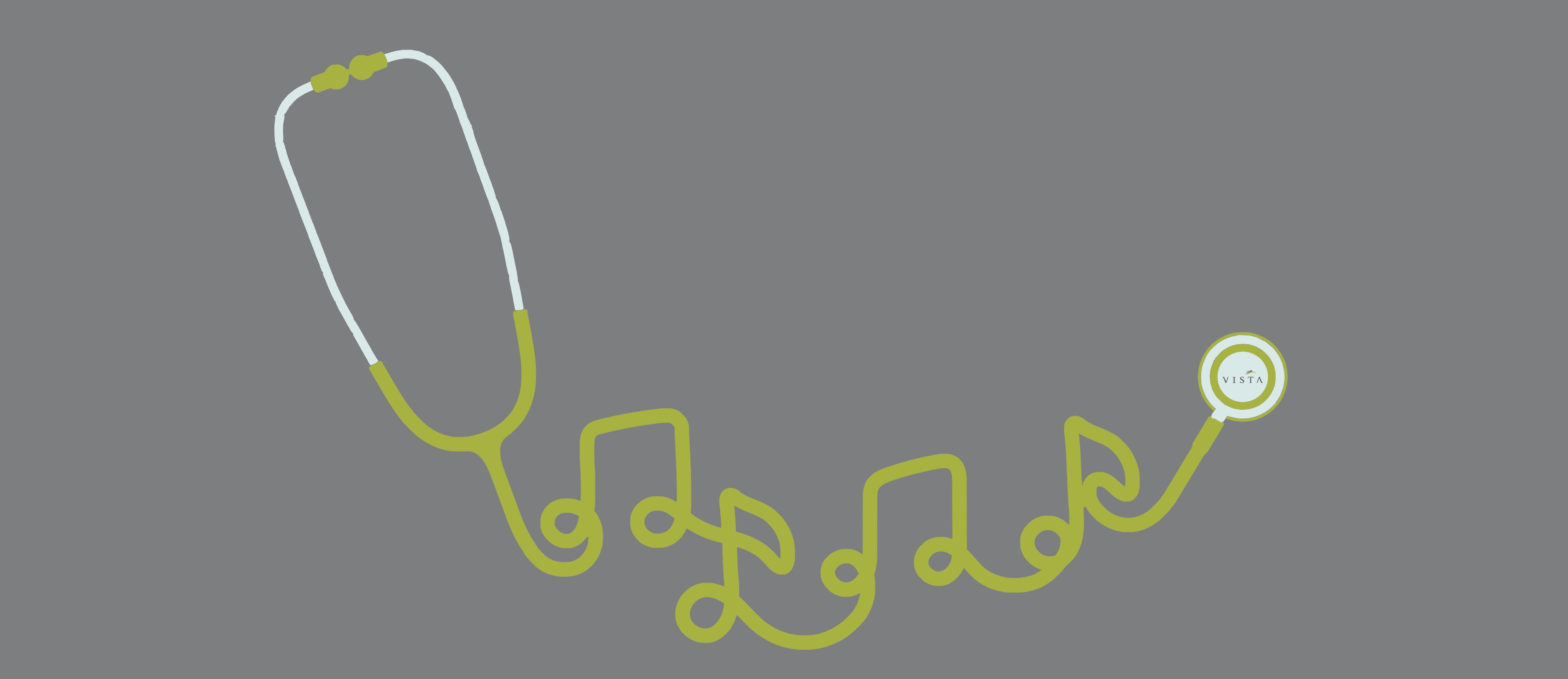
"If we accept that sound is vibration and we know that vibration touches every part of our physical being, then we understand that sound is heard not only through our ears but through every cell in our bodies." – Integrative Oncologist Dr. Mitchell Gaynor.
Healers and physicians have been using sounds to soothe their patients since ancient times. In ancient Greece, the flute was played to calm patients with gout. Aristotle believed the cathartic effect of music could mimic the impact of some medical treatments, and quiet rooms were designed to help patients dream of healthy states of mind. This profound use of sound and music carries over across cultures. In China, music and healing have gone hand-in-hand for centuries. The Chinese character for medicine 藥 yào stems from the character for music 樂, yuè.
Today, healthcare providers still use the power of sound and music in daily treatment. Pharmaceuticals and drug-based interventions are still necessary for various conditions. Still, music and sound represent two incredibly effective treatments that don't have side effects of possible addiction and health issues.
The Ancients Had it Right
Sounds and music have fascinated humans since ancient times. The early Egyptians used a practice known as "toning," where they manipulated vowels to render sing-song-like rhythms. According to the book Toning by Musicologist Laurel Elizabeth Keys, this ancient healing method was meant to "restore people to their harmonic patterns."
Sound is certainly not the only way to treat physical and mental disorders, but the ancients were right about one thing. Sound is incredibly healing. We aren't basing that on 500-year-old letters or ancient tablets; we dug up the science.
Music Has Proven Health Benefits
Hearing is an incredibly complex human sense. Not only does it involve the physical components of the ear, but actively hearing requires your brain, other senses, and other organs. Sounds play an incredibly dynamic role in our bodies and minds.
Lately, researchers have been hard-at-work studying some of the incredible benefits of music therapy and how music can treat various everyday health problems that plague our healthcare system. Here are some of the research-backed benefits of music.
Helps Heart Health
1 in every 3 Americans suffers from high blood pressure, an incredibly dangerous, life-impacting issue. Even slightly elevated blood pressure reduces your lifespan by 5.1 years. Fortunately, music has a genuine ability to lower blood pressure.
At Massachusetts General Hospital, researchers found that heart patients who listened to music for 30-minutes per day had lower blood pressure, less distress, and slower heart rates than those who avoided the music. Similarly, a study in Hong Kong found that individuals who listened to relaxing music 25 minutes a day had lower systolic and diastolic blood pressure readings. In fact, across hundreds of studies, relaxing music has been shown to reduce blood pressure readings time-and-time-again.
Improves mood
Our mood has a profound impact on our music selection, so it shouldn't be all too surprising that music itself can directly impact your emotions. Music has such a powerful impact on mood that researchers found that music therapy can act as an effective treatment (with or without drugs) for mood disorders. In hospital settings, music and sound therapy are currently being utilized to combat some of the trickier mood disorder cases.
Lessens Stress
Stress's impact on human health is profound. From depression, insomnia, and sex drive to high blood pressure, heartburn, and headaches, stress hormones can cause tremendous damage to your mind and body. Again, music is spectacular at reducing stress — especially in clinical settings. One study found that patients undergoing urologic surgery under spinal anesthesia needed less sedation when listening to calming sounds. Another study found that music soothed children in pediatric emergency rooms — reducing their overall stress levels compared with those who didn't receive any music therapy.
Eases Anxiety
Anxiety, mood, and stress go hand-in-hand. Luckily, music can help improve all three. Studies show that music alone can reduce anxiety levels by up to 65%. Other studies suggest that music is an effective therapy for patients undergoing surgery — causing them to feel less anxious before, during, and after the procedure.
Relieves Depression
Depression is the leading cause of disability on the globe, impacting hundreds of millions of patients. Unfortunately, depression is also one of the trickiest mental health problems to treat. Researchers recently looked into studies using music to treat depression. They found a large effect (across hundreds of studies) favoring music therapy over traditional depression treatments, including drugs and other types of treatment.
Reduces Pain
Lisa Hartline — Ph.D. and Professor of Pediatrics at the University of Alabama — uses music therapy to help kids during painful medical procedures. As she puts it, "playing music for kids during painful medical procedures is a simple intervention that can make a big difference." And research backs that claim up. Researchers at Khoo Teck Puat Hospital in Singapore found that music can help children and adults with chronic pain lessen their ability to feel and struggle with that pain.
Stimulates Memory & Boosts Endurance
Of course, music has positive benefits outside of healing existing disorders. Lee Bartel, Ph.D., led a study with Alzheimer's patients and music therapy. The results showed an increased ability to recall memories during sound therapy. Other studies suggest that music alone can improve actual and self-perceived endurance levels — both in athletes and non-athletes.
Physicians are Using Music to Help Heal Patients
Music therapy isn't reserved for research papers. Music therapists like Holly Chartrand — a music therapist at Massachusetts General Hospital — actively use therapy in inpatient settings. One blog, Music Harmony Sessions, details case studies where patients with autism, anxiety, depression, and pain disorders were assisted by music without the need for pharmaceuticals.
Today, music therapy isn't merely research or history-bound. Top doctors and therapists across the nation are using music therapy to heal their patients.
Explore the Power of Integrative Medicine
As Daniel J. Levitin, Ph.D. says, "musical interventions can play a healthcare role in settings ranging from operating rooms to family clinics." From our ancestors to modern-day treatment, music and sound are incredible tools used for a variety of preventative and palliative disorders. At VISTA, we want to make it possible for you to work on your terms, allowing you to provide your expertise to those who need it most. Are you ready to find your next integrative medicine assignment?


